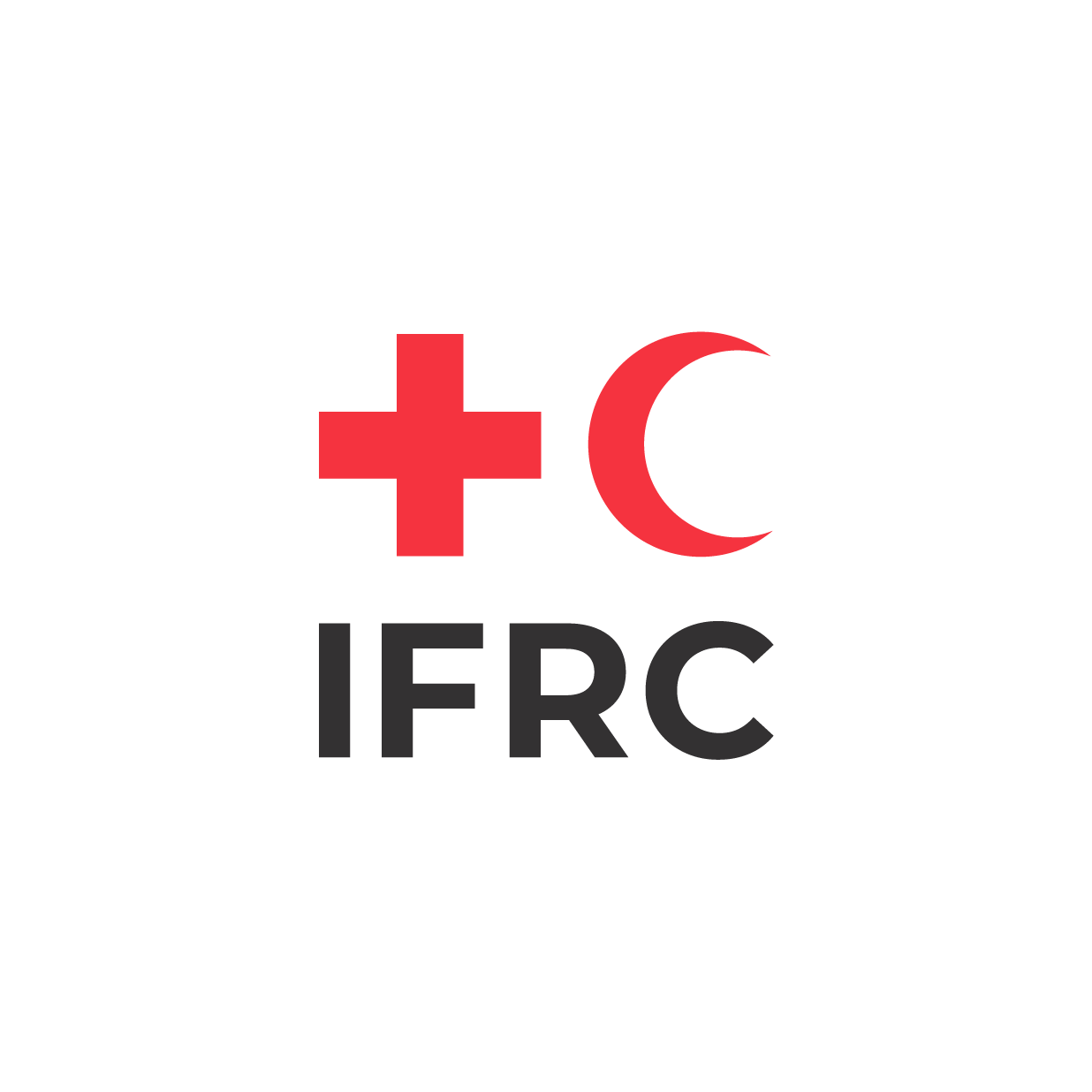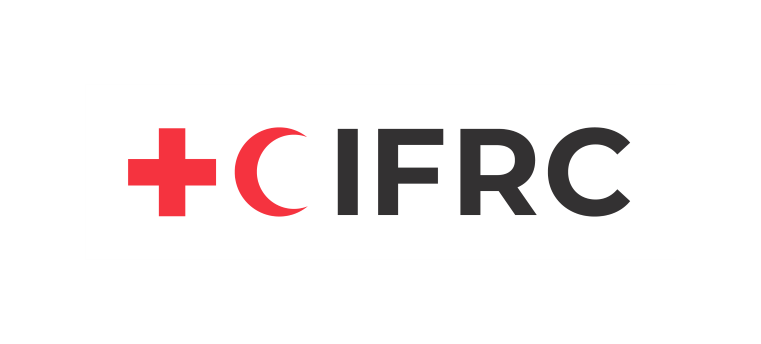Stage 0
Reference Sheet A
What is community resilience?
Not all of the resources below use the term ‘resilience’ explicitly, but most provide practical guidance and describe well‑thought‑out actions that contribute to resilience.
Community resilience
- IFRC. 2014. Framework for community resilience.
- IFRC. 2012. Understanding community resilience and program factors that strengthen them: A comprehensive study of Red Cross Red Crescent Societies tsunami operation.
- IFRC. 2011. Characteristics of a safe and resilient community.
- IFRC. 2012. The Road to Resilience: Bridging relief and development for a more sustainable future.
Thematic solutions
Urban resilience
- IFRC. 2017. Building urban resilience: A guide for Red Cross and Red Crescent engagement and contribution.
- IFRC. 2015. Gender and diversity for urban resilience: An analysis.
- IFRC. 2021. Urban Action Kit.
- GDPC. 2019. Urban Community Resilience Toolkit.
- Kresge Foundation. 2015. Bounce forward: Urban resilience in the era of climate change. Island Press.
- Arup Urban Life. 2014. Water resilience for cities.
- British Red Cross. 2012. Learning from the city.
- IFRC. 2011. No time for doubt: Tackling urban risk.
- IFRC. 2012. Programmatic directions for the Red Cross and Red Crescent in building urban community resilience in the Asia Pacific Region.
- IFRC. 2014. Analysis of VCAs for eight urban communities in Africa.
- Red Cross Red Crescent Climate Centre. 2019. Heatwave guide for cities.
- IFRC/GDPC/Red Cross Red Crescent Climate Centre, 2020. City heatwave guide for RCRC branches.
- UNHABITAT. 2020. World Cities Report 2020: The Value of Sustainable Urbanization.
- ALNAP/ODI. 2019. Humanitarian response in urban contexts.
- GDPC. 2019. Business preparedness initiative and Atlas: Ready for business.
Nature-Based Solutions
- IFRC. 2021. Toolkit and guidelines on nature‑based solutions.
- The Nature Conservancy. 2021. The blue guide to coastal resilience.
- United Nations Environment Programme. 2019. Disasters and ecosystems: Resilience in a changing climate.
- UN Office for Disaster Risk Reduction. 2020. Words into action: Nature‑based solutions for disaster risk reduction.
- WWF. 2016. Natural and Nature‑based flood management: A Green Guide.
- IUCN. 2020. Global Standard on Nature‑based Solutions.
Early warning early action
- IFRC. 2012. Community early warning systems: guiding principles.
- IFRC. 2014. Community early warning systems (CEWS) training toolkit – field guide.
- IFRC/German Red Cross/RCRC Climate Centre. 2018. Forecast‑based financing practitioners manual.
- IFRC. 2020. The future of forecasts: Impact‑based forecasting for early action.
Public awareness and public education
Safe shelter
- IFRC. 2011. Participatory Approach for Safe Shelter Awareness (PASSA).
- IFRC. 2017. PASSA Youth manual and toolkit.
Legislation and policies
- IFRC and UNDP. 2015. Checklist on law and disaster risk reduction.
- IFRC and UNDP. 2015. The handbook on law and disaster risk reduction.
- IFRC. 2013. How to engage with National Adaptation Plans: Guidance for National Red Cross and Red Crescent Societies.
Disaster risk management
DRR and Climate Change Adaptation
- IFRC. 2012. Key determinants of a successful CBDRR programme. Community based disaster risk reduction study.
- IFRC. 2013. A guide to mainstreaming disaster risk reduction and climate change adaptation.
- Red Cross/Red Crescent Climate Centre. 2013. Minimum standards for local climate‑smart disaster risk reduction.
- Red Cross Red Crescent Climate Centre. 2007. Red Cross/Red Crescent climate guide.
- Red Cross Red Crescent Climate Centre. 2020. Y‑Adapt.
- Red Cross Red Crescent Climate Centre. 2019. Climate training kit.
- UNDRR. 2019. Words into Action guidelines: Implementation guide for local disaster risk reduction and resilience strategies.
Response
- IFRC. 2020. Disaster Risk Management Policy.
- Hargreaves C, McNicholas D, Spirig J, White K and Gu L. 2012. ‘Resilience’ – An objective in humanitarian aid?
Recovery and reconstruction
- IFRC. 2012. IFRC Recovery programming guidance 2012.
- IFRC, 2012, Owner‑driven housing reconstruction guidelines.
- IFRC.2012. Post‑disaster community infrastructure rehabilitation and (re)construction guidelines.
- IFRC.2012. Post‑disaster settlements planning guidelines.
- GFDRR. 2015. Resilient recovery: An imperative for sustainable development. The World Bank.
- WWF and American Red Cross. 2010. Green recovery and reconstruction: Training toolkit for humanitarian aid.
- Global Cluster for Early Recovery. 2016. Guidance Note on Inter‑Cluster Early Recovery.
- UNISDR. 2017. Words into Action guidelines: Build back better in recovery, rehabilitation and reconstruction.
Cross cutting
Community Engagement and Accountability
Migration
- IFRC. 2016. Smart practices that enhance resilience of migrants: Summary report – June 2016.
- IFRC. 2017. IFRC Global Strategy on migration 2018‑ 2022: Reducing vulnerability, enhancing resilience.
- IFRC/British Red Cross. 2019. Asia‑Pacific guidance on addressing humanitarian consequences of labour migration and trafficking.
- IFRC. 2017. Smart practices that enhance the resilience of migrants.
- IFRC. Resilience Library, Southeast Asia Resources, Migration and Displacement section.
- IFRC. 2009. IFRC Migration Policy.
Inclusive resilience
- IFRC. 2018. Minimum standards for protection, gender and inclusion in emergencies.
- IFRC. 2019: Protection, gender and inclusion in emergencies: toolkit.
- IFRC. 2019: Inclusive Programming Framework.
- IFRC. 2019: Gender and Diversity Policy.
- IFRC. 201: All under one roof, disability inclusive shelter and settlements in emergencies.
- Global Alliance on Accessible Technologies and Environments (GAATES). Guideline on inclusive disaster risk reduction: Disabilities and disasters.
- HelpAge International. 2014. Disaster resilience in an ageing world: How to make policies and programmes inclusive of older people.
Humanitarian Standard
- CHS Alliance. 2015. Core Humanitarian Standard.
Planning, Monitoring, Evaluation and Reporting (PMER) and learning
- IFRC. 2010. Project/Programme planning: Guidance manual.
- IFRC. 2011. Project/programme monitoring and evaluation (M&E) guide.
- IFRC. 2011. IFRC Framework for Evaluation.
- IFRC. 2016. Applying Better Programming Initiative: Do No Harm in a changing context.
- IFRC. 2016. Better Programming Initiative: Do No Harm ‑ How to do conflict‑sensitive context analysis.
- ALNAP 2007. Good Enough Guide: Impact measurement and accountability in emergencies, Tool 11.
- Ibrahim M and Midgley T. 2013. Participatory learning approaches for resilience: Bringing conflict sensitivity, disaster risk reduction, and climate change adaptation together. World Vision UK.

The International Federation of Red Cross and Red Crescent Societies is the world's largest humanitarian network and is guided by seven Fundamental Principles: Humanity, Impartiality, Neutrality, Independence, Voluntary Service, Universality and Unity.
Follow IFRC
© The Global Disaster Preparedness Center 2024
